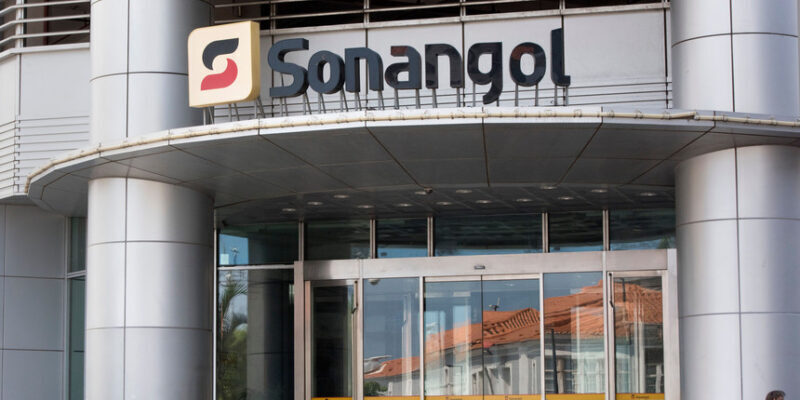Sonangol is continuing preparations for its privatization process but is taking a cautious approach to avoid “mistakes or hasty decisions,” according to Sebastião Gaspar Martins, Chairman of the company’s board of directors.
Speaking at a press conference on the company’s 2024 results, Martins emphasized that Sonangol is making progress on internal matters related to the privatization but noted that there are still external factors to be addressed before up to 30 percent of the company’s share capital can be listed on the stock exchange.
“Sonangol has already undertaken actions that position it toward a stock exchange listing,” Martins stated, referring to the issuance of bonds, which required the company to meet several stock exchange-specific requirements.
Martins also acknowledged that the issue of fuel subsidies continues to “weigh on the Sonangol privatization process.” He stressed that the company ultimately belongs to the State, and the privatization steps will depend on decisions made by the government, with recommendations from Sonangol based on ongoing work.
The company has already received a “road map” from consultant Rothschild, outlining the steps necessary for the company to enter the stock market. Internal steps are currently underway to clarify the process further.
Minister of Mineral Resources, Oil, and Gas, Diamantino Azevedo, highlighted excess staffing as a significant issue for Sonangol’s restructuring and preparation for its stock exchange listing. “I spoke about the more than 2,000 surplus workers at Sonangol.
This is one of the internal issues the company must resolve as part of its restructuring process,” said Azevedo. “The company must address excess staff, certain assets, and liabilities that are no longer useful, as well as concerns around increasing oil production.”
Azevedo noted that any layoffs would have social implications, suggesting that retraining could be a viable solution to redirect employees to other areas.
“I will demand more from Sonangol to ensure these people are put to work, as it is unacceptable for people to be paid without contributing,” he added.
The privatization of Sonangol, part of the government’s broader Privatization Program (Propriv), has faced delays over the years, with no definitive timeline for completion.
![]()




